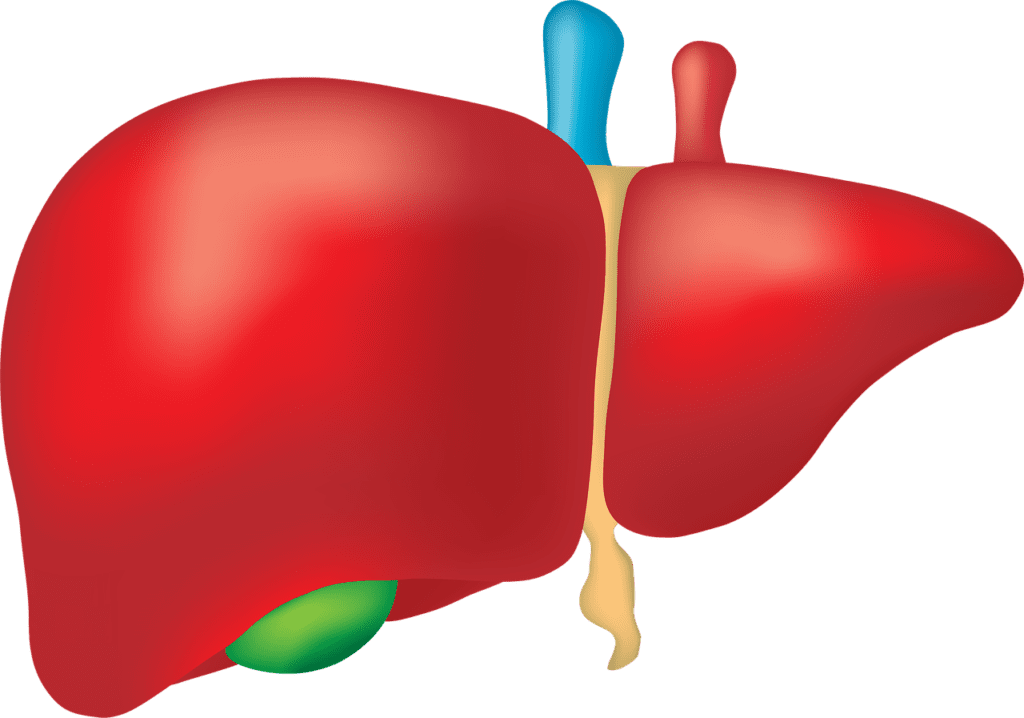In a recent press release, biopharmaceutical company Aligos Therapeutics announced that the first patient was dosed in their Phase 1a/b clinical trial. The trial is designed to assess ALG-010133 as a potential treatment for patients with chronic hepatitis B (CHB). While it will initially involve only healthy volunteers and virally suppressed patients with CHB, the trial will determine the therapy’s safety and tolerability. Additionally, this marks the first candidate from Aligos to make it into clinical trials since the company’s start 2 years ago.
Chronic Hepatitis B (CHB)
According to the CDC, hepatitis B is:
a vaccine-preventable liver infection caused by the hepatitis B virus (HBV). Hepatitis is spread when blood, semen, or other bodily fluids from [an infected individual] enters the body of [a non-infected individual] through sexual contact; sharing needles, syringes, and other injection equipment; or from mother to baby at birth.
Around 257 million people globally have hepatitis B. However, it can be prevented via vaccine. Symptoms of hepatitis B include fatigue, abdominal pain, nausea, loss of appetite, and jaundice. However, in many cases, patients only deal with these symptoms for a short period of time. But in other cases, patients developed chronic hepatitis B (CHB), liver inflammation lasting for over six months. A majority of patients with CHB have no symptoms. Those who do may experience the symptoms above, alongside fever, spleen enlargement, frequent bleeding, light colored stool, fluid in the abdomen, red palms, and poor brain function.
CHB increases the risk of liver cancer or liver cirrhosis (scarring). The younger someone is when they contract hepatitis B, the higher their chance of developing CHB. Infants are 90% likely to develop CHB, with children from 1-5 around 25-50% likely, and adults only 5% likely.
Learn more about CHB.
ALG-010133
For over 2 years, Aligos has been working to develop ALG-010133. This proprietary oligonucleotide S-antigen transport-inhibiting oligonucleotide polymer (STOPSTM) molecule lowers HBsAg levels. As explained by the Hepatitis B Foundation, testing levels of HBsAg, or Hepatitis B surface antigen:
can detect the actual presence of the hepatitis B virus (called the “surface antigen”) in your blood. If a person tests “positive,” then further testing is needed to determine if this is a new “acute” infection or a “chronic” hepatitis B infection.
By lowering HBsAg levels, ALG-010133 would allow for more effective treatment and care. During the clinical trial, participants will receive up to 12 weekly doses of ALG-010133 delivered subcutaneously (under the skin). Results are expected near the end of 2021.






